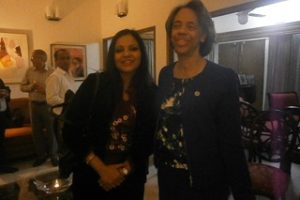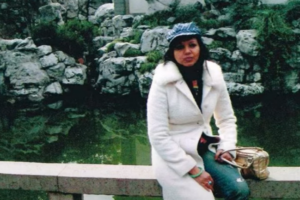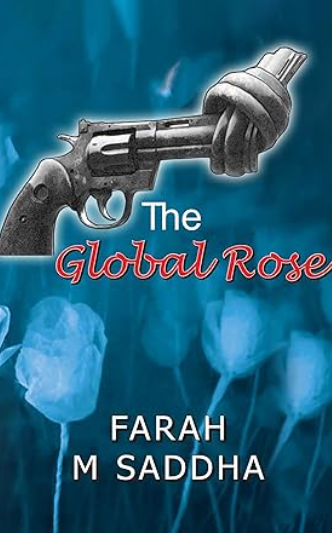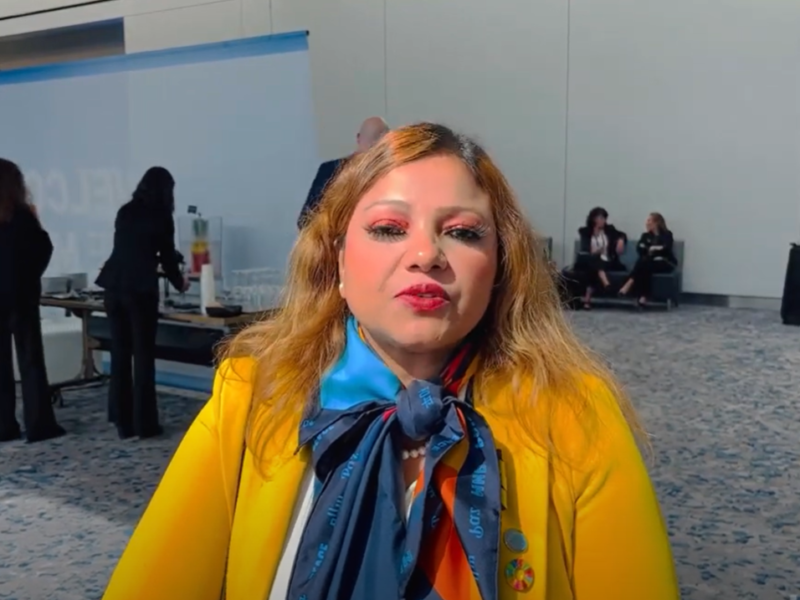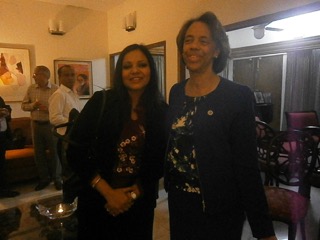The Asia Regional Youth Festival 2019: Building the next generation movement for Sustainable Development Goals (SDGs) to equip young people in Asia Pacific region to advocate for the implementation of the Agenda 2030 for sustainable development kicked off in Kuala Lumpur Thursday (September 12)
YB Puan Hannah Yeoh, Malaysia Deputy Minister of Women, Family and Community Development, YB Puan Teo Nie Ching, Deputy Minister of Education, and Sivananthi Thanenthiran, Executive Director of the Asian Pacific Resource and Research Centre for Women (ARROW) launched the festival, said a press release.
Regional women’s NGO ARROW’s three day festival (September 11-13) offers a critical space for young activists from South East Asian and South Asian countries to understand how young people’s issues cut across the17 SDGs and their 169 targets, and prepare them with skills, knowledge and capacities to review and realise the SDGs. These goals include ending poverty and hunger, achieving food security and improved nutrition, ensuring healthy lives, sustainable management of water and sanitation, education and gender equality.
Young people from 14 countries including Malaysia, Bangladesh, Bhutan, Cambodia, China, Hong Kong, India, Indonesia, Nepal, Pakistan, Philippines, Myanmar and Sri Lanka have gathered for the festival. They will also review how countries in the region are progressing towards the realisation of these goals.
“Malaysia is committed to realising these goals and I am with you that young people especially young women and girls are integral part in achieving Agenda 2030 and its related development in Malaysia,” said YB Puan Hannah Yeoh, Deputy Minister of Women, Family and Community Development.
“Apart from mainstreaming gender and discriminatory practices issues, there are matters that need to be further promoted among the women and girls themselves but also must be understood by men and boys. Women and girls need to be better supported in exercising their rights to sexual reproductive health knowledge, contraception and family planning. Besides enhancement of health and well-being, such effort can give impact on the socio-economic situation and health of their families, including children health,” added YB Puan Hannah Yeoh.
Meanwhile, YB Puan Teo Nie Ching, the Deputy Minister of Education, said “The Asia region is home to the largest number of young people (aged 12-24). There are at least 700 million young people living in this region.”
The Deputy Minister of Education added, “Starting this year, all stateless and undocumented children are able to go to school. The MOE’s move to simplify the registration process for children without citizenship into government schools is because MOE recognises that education is fundamental to development and growth. Every child has the right to education. Education is one of the main factors in strengthening our young people with the objective of building the next generation. ARROW’s effort to build the next generation of youth champions who will contribute to the realisations of SDGs through meaningful and inclusive youth participation such as this youth festival is highly commendable.”
YB PuanTeoNie Chingalsonoted, “Malaysia recently completed its mid-term review of the 11th Malaysian Plan in 2018. The new Government of Malaysia is strongly committed to realising the targets of Agenda 2030 for SDGs.”
ARROW’s ED, Sivananthi Thanenthiran said while the region was making progress, much remains to be done and progress was slow. “The monitoring and review of where our region, Asia Pacific, stands in regards to living up to the ambition of the 2030 agenda is disheartening.
The UN’s Asia and the Pacific SDG Progress Report 2019 noted that on its current trajectory, the region will not achieve any of the 17 SDGs by 2030. While progress has been made in our region towards some SDGs, such as ending poverty, quality education and lifelong learning, the rate of progress is insufficient and slow.”
The UN report found that progress was stagnant for more than half of the SDGs, including on reducing inequalities (Goal 10), combating climate change (Goal 13), and towards supporting peace, justice and strong institutions (Goal 16). Negative trends have also been reported for provision of clean water and sanitation, (Goal 6), and ensuring decent work and economic growth (Goal 8).
Ms Thanenthiran says: “It goes without saying that young people remain key stakeholders in stepping up efforts to combat climate change. Central to the sustainable development agenda are human rights and gender equality and reduction of inequality within and among countries,” she added.
During the three days, the festival has been also reviewing other international commitments such as the International Conference on Population and Development Programme of Action (ICPD PoA) and the Beijing Platform for Action will also be discussed at this festival as they have direct impact on achieving the SDGs.
Trainings, workshops, group discussions and leadership trainings are part of the Asia Regional Youth Festival. It is also providing creative spaces so young people can express their ideas on SRHR through a wide range of art genres including art exhibition, film, literature, and poetry.





